The Second (digital) Reformation.
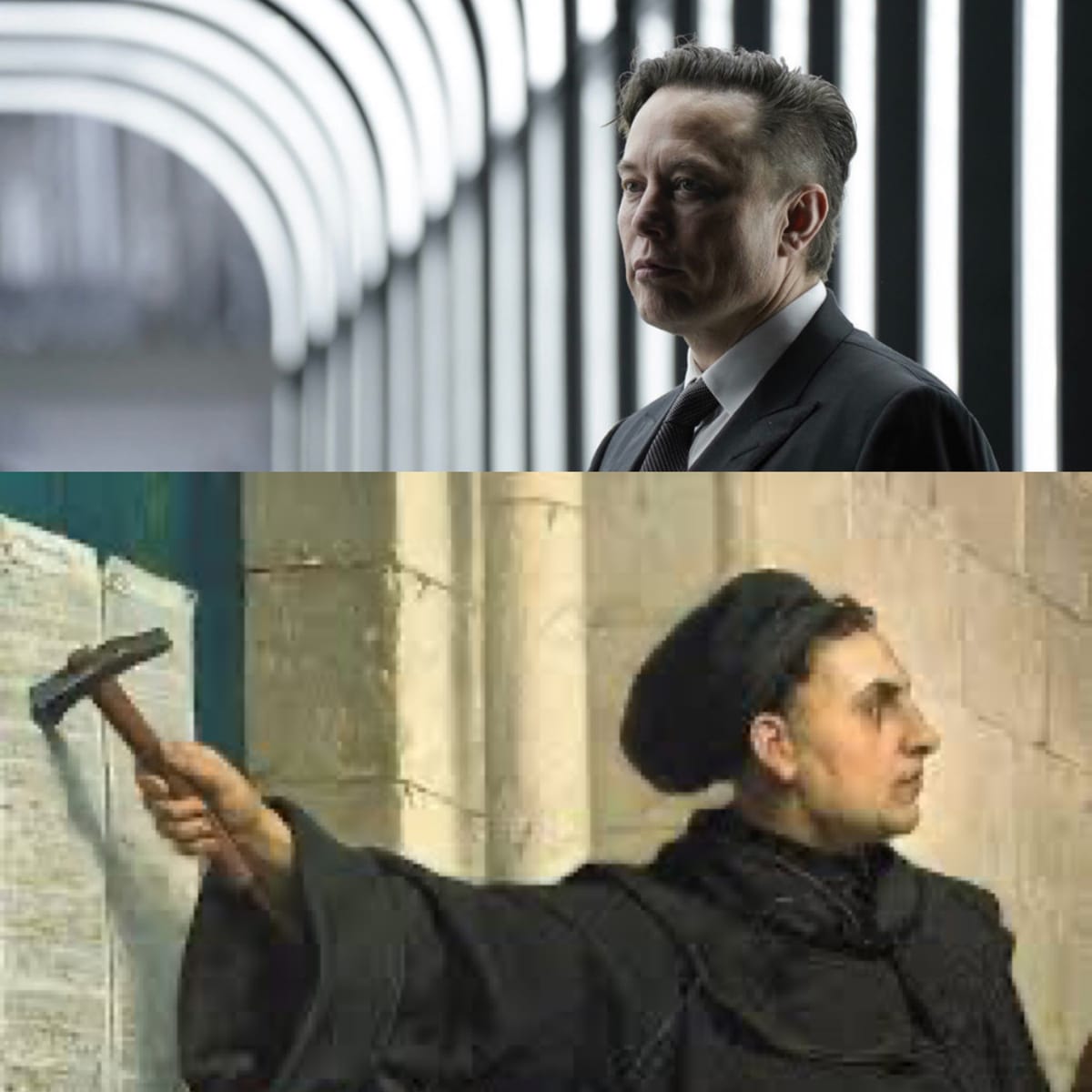
October 31st, 1517, Martin Luther nails his 95 Theses on a church door:
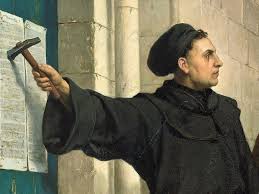
The rest as they say, is history.…we had the First Reformation, where the power of the Catholic Church was challenged due to the spread of information. During this period, the Renaissance was in full swing and the rise of Humanism as opposed to theological control of society was starting to influence society, that is, man is the controller of his own destiny and not some artificial power created by the overbearing and powerful Catholic institutions and individuals such as the Vatican and the Pope.
Martin Luther had access to the printing press, which his predecessors such as John Wycliffe did not, and this led to his ideas being rapidly propagated. It’s amazing how one man, one idea, can change the world. You can kill a man, but you can’t kill an idea.
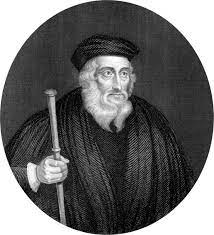
This led to the common man being able to question aspects of his life that he was not able to do so before
Fast forward to 1994, the dawn of the internet age, little did we know how the world would change forever. Bit by bit, people had access to more and more information. This really started to build momentum within the early 2000s and by 2007/8 we had YouTube, Google and the smartphone. The information age was about to be turbo charged.
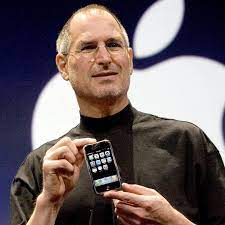
Now in 2023 with Musk buying Twitter, I really do feel that we are entering a real Golden age of information exchange. The proliferation of connected devices to the internet has led to huge flows of information around the world. I think the significance of Musk buying Twitter as like breaking an information monopoly that is controlled by US technology corporations such as Meta and Google. Other platforms such as BitChute, and independent TV and YouTube channels are springing up all over the place.

The addition of community notes for example to Twitter has allowed people to do their own "fact checking". Take for example a recent tweet by the FBI that was fact checked by other Twitter users:
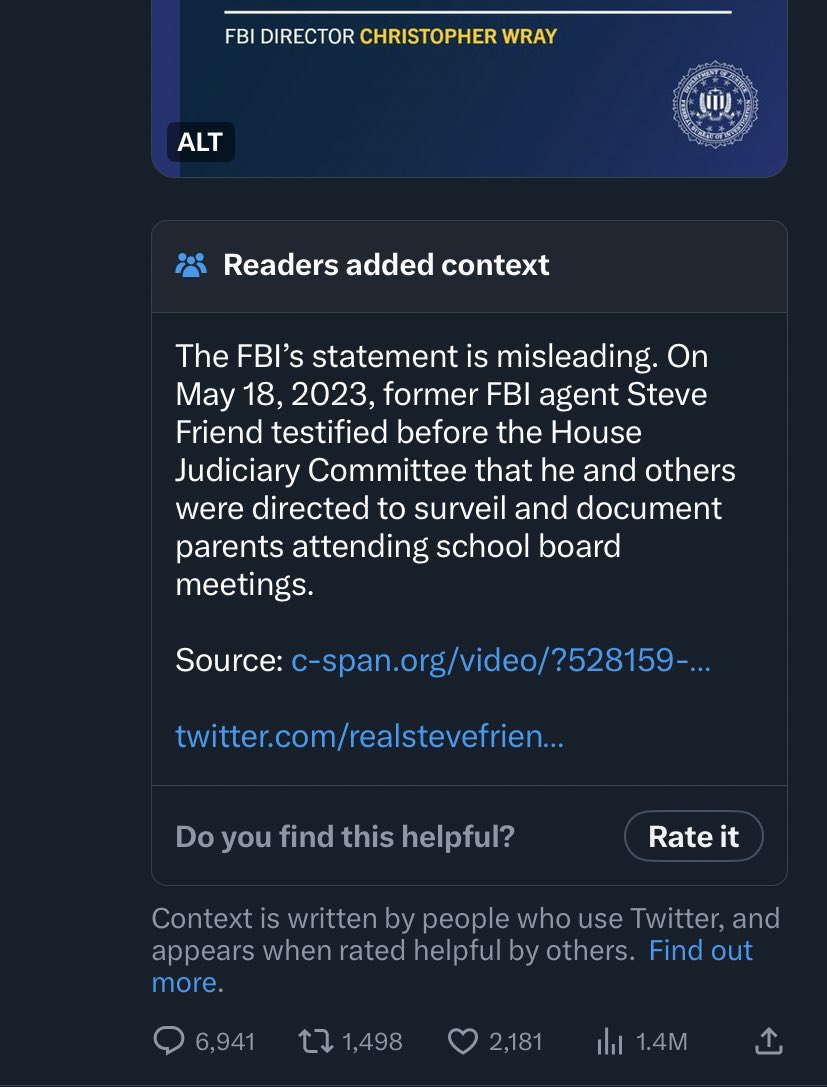
This is a huge challenge to states as they struggle to control the flow of information, and also the nature of the information. The internet/social media is like a Genie out of the bottle, it’s very hard to get it back in. Compare society now to even 20 years ago, let alone 30 years ago, we just have so much more data and content at the touch of a button. It’s very hard to see how things will ever go back to how they were. Now more than ever, governments are facing a stiff challenge to maintain their narratives in this data rich environment.
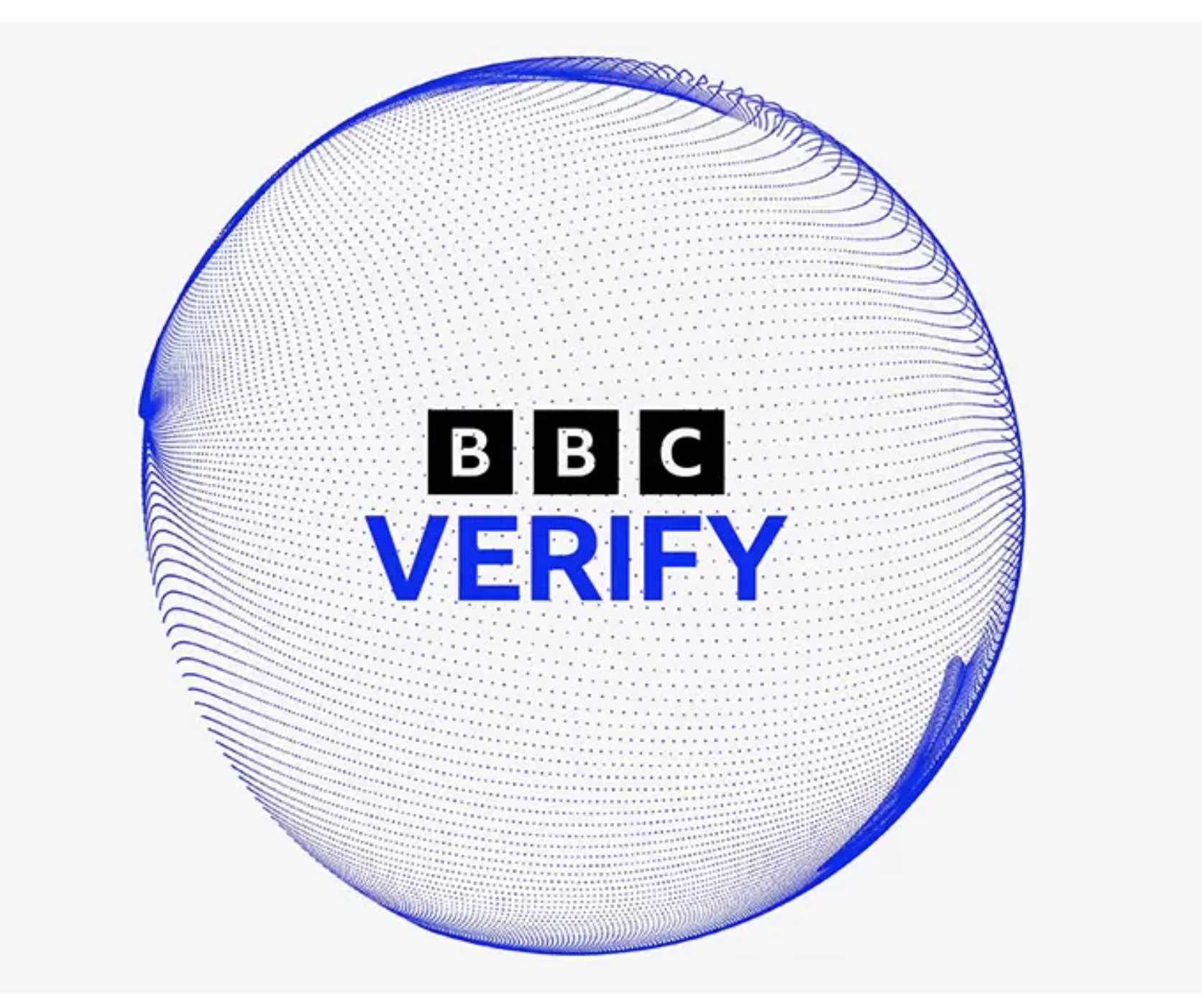
We are increasingly seeing a battle for control of global narratives, one minute it is climate change, next minute it's Ukraine. Who is telling the truth, who is lying? We have a generation of people growing up in the internet / smartphone age who are less likely to accept official news stories, and who are increasingly skeptical about some of the new headlines we are fed.
This, to me, feels very much like another Reformation. A digital one, that is much harder to contain and control. When historians look back, they will view the internet / smartphone era as one of the most pivotal moments in human history. Never before have people been able to decide for themselves what is real and what is simply not true or even half true.
I do wonder what Martin Luther would make of all of this.